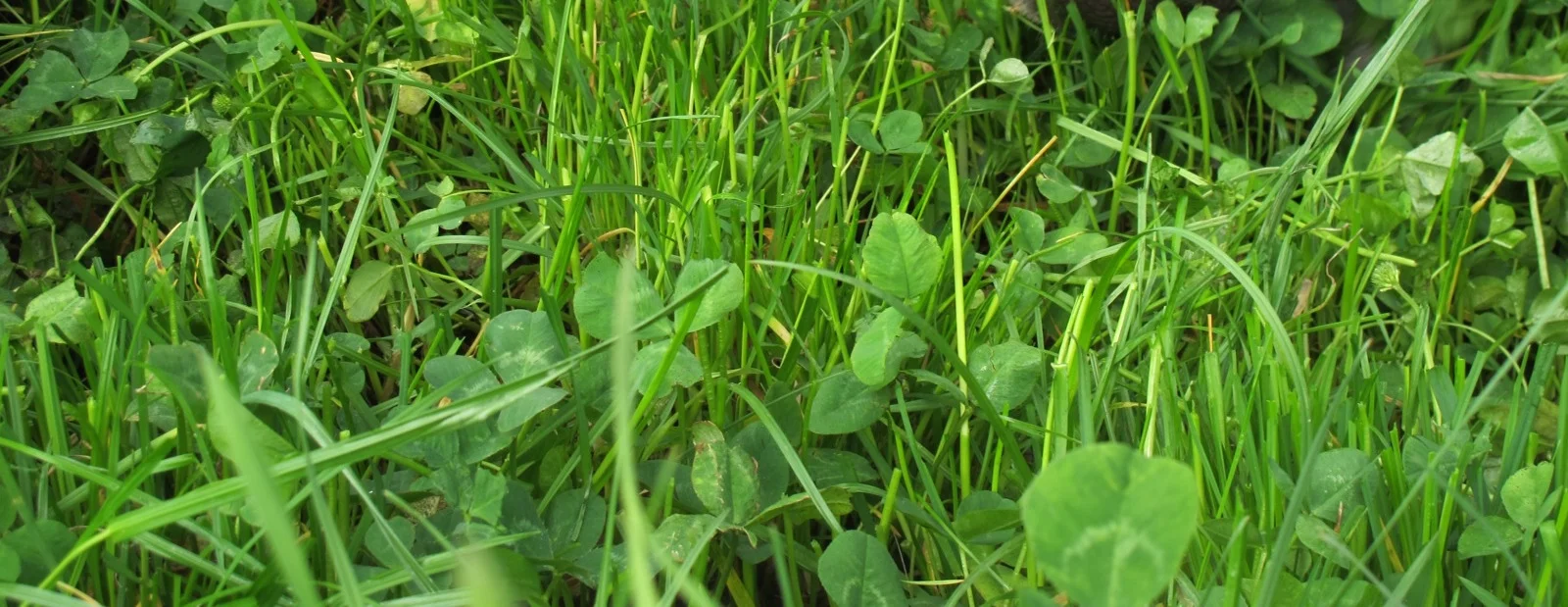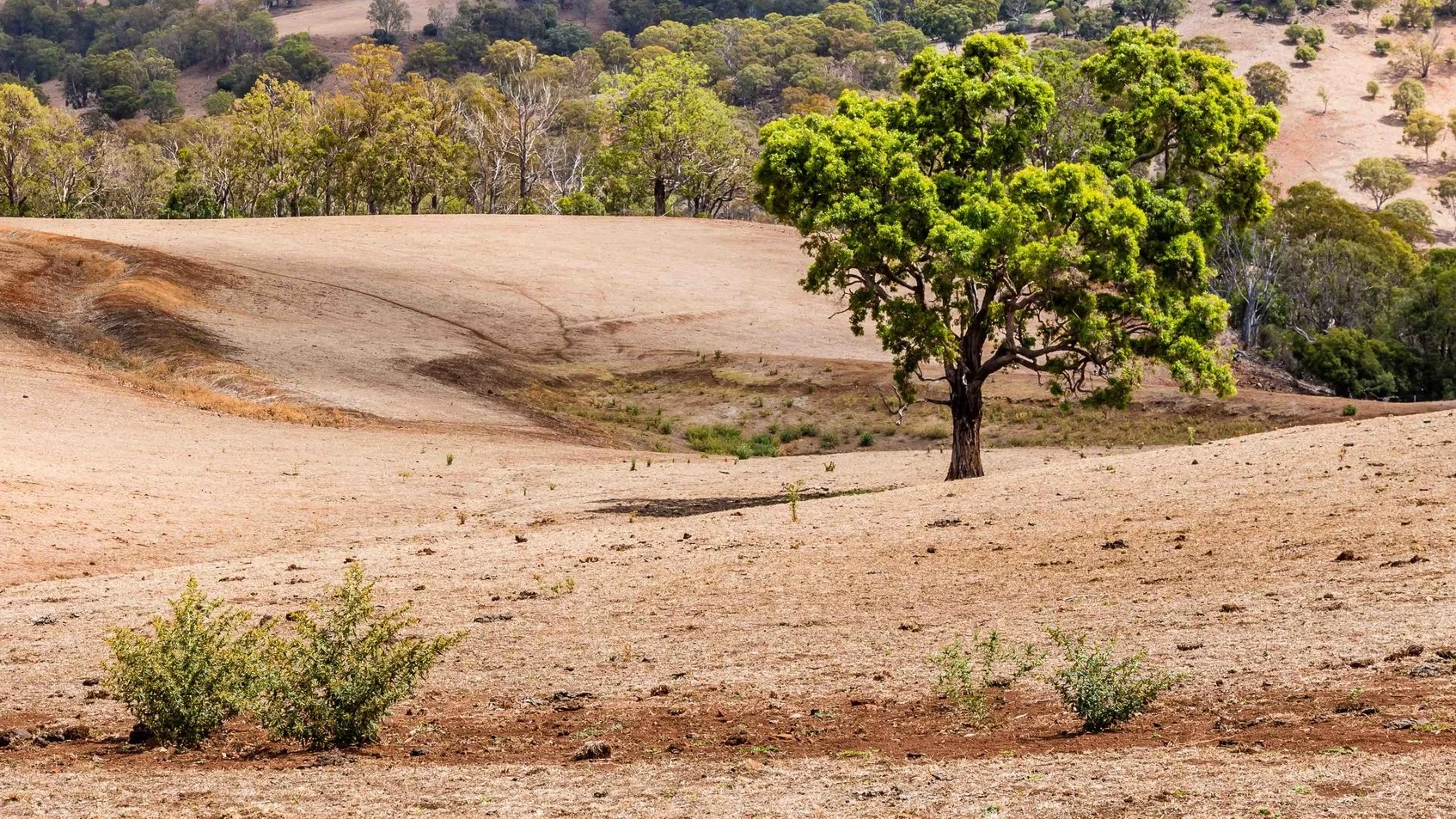Image: a snapshot from Media Watch broadcasted on the 10th of February.
ACMA Attitudes to news today: impartially, commercial influence and news consumer lack of trust
In January The Sydney Morning Herald, published: In media’s “Wild West’, news consumers struggle to find truth, trust and transparency.
More recently ABC’s Media Watch did a story (10 February) on the blunders, bias and beat-ups of Australian journalism, that is reportedly “polluted with opinion and commercial influence”, and what readers really think of the media according to a survey, which was incredible interesting. It’s about a new broadcast watchdog Australian Communications and Media Authority (ACMA) report on the attitudes to news today. The story is available to watch until the 11th of March. The new report released in January 2020 by ACMA shows concern about aspects of impartiality in news, concern about issues of commercial influence in news, etc.
ABC’s Media Watch has been delivering commentary on these issues for many years. This story emphasises that almost 90% of responders were concerned that news is made more dramatic or sensational to attract more readers or viewers. 85% of respondents were concerned about news being reported from a particular point of view (see figure 6). Figure 7 showed that 83% of respondents were concerned with news being influenced by large advertisers. A journalist who helped compile the research information for ACMA, reportedly wrote to Media Watch. “This new research is deeply concerning. We already knew that Australians have major trust issues with the news but what this research shows is the depth of the concern among Australians about bias and commercial influence,” Sacha Molitorisz from UTS Centre of Media Transition reportedly said.
Strategy in the Media
The ACMA report adds to the evidence of the clever manoeuvrings and the duplicity of the media - at times clearly inspired by the interests of financial backers - to influence a certain outcome, which usually revolves around an economic benefit for some large business. These usually quick-witted, intellectual individuals in journalism, need to learn to balance their versatile nature and its sometimes superficial activities, with developing an understanding and wisdom by seeking something more enlightened with meaning. But is it possible?
There seems to be a strategy in the global media to put verbally gifted vegans, or people who support veganism in the spotlight. We first saw Australian vegan educator and animal rights activist Joey Carbstrong as his activities started to make global headlines. Then British journalist George Monbiot who speaks very eloquently on the “radical takedown of food farming”, why we should embrace the shut down of animal farming, and turn to lab-grown meat and vat fermented protein brewed with specialised bacteria.
George Monbiot helped in the making of a documentary called Apocalypse Cow: How Meat Killed the Planet. The UK’s Channel 4 happen to be accused of a massive conflict of interest for screening two films attacking the meat industry after it made a seven-figure investment in a vegan food company. Social media is rife with media articles that ambush meat consumption, and dairy isn’t far behind.
On the 10th of February ABC’s Q&A on Climate Solutions had a well-spoken vegan Osher Günsberg on the panel. He is an Australian television and radio presenter and journalist. He too was very outspoken about the growing popularity of veganism, after he interrupted chef and farmer Matt Evans during the panel discussion.
There is a lot of evidence that suggest the processed food industry, and the market for ‘fake food’ is gearing up. For many years, large investment for research and development has gone into this industry, and now it is expected to deliver. It is somewhat reminiscent of a recent Four Corners story about investment into a therapeutic drug development company that were expected to yield great returns, only it did not, and investment was at risk… This is another important aspect worth mentioning in this article; investments made when the status quo seemed sure to profit, but are now at risk… This clip shows how government is struggling with the politics of dealing with those industries that are now in this ‘at risk’ situation en large…
Dairy farmers can learn from vegans
This is the headline from a recent opinion piece, written by a dairy farmer who have invited vegans on a farm tour, encouraging the asking of the hard questions. David Findlay writes that the intention is to create a safe space where people with concerns about farming can ask frank questions directly to the farm team. It’s not about converting people to their cause, it’s simply about dialogue, he says.
David is experienced in dealing with vegans and those with ethical considerations. David and Wilma first opened up their farm to regular farm tours 20 years ago, however, every time they got to the calf shed part, it became clear that the standard farming practice, was very different from what people want and expect. They have already started a revolution on their small farm in Scotland, and more recently hosted the first ever Ethical Farming conference, but admit that the surge in veganism proves that change in this industry is long overdue. Who could have imagined a decade ago that the politics of dairy farming would be discussed in an Oscars' acceptance speech?
Raw dairy in Australia and the Media
Will the Australian media ever end the censorship on raw milk from cows, while a large army is diligently gearing up to capitalise on veganism, and also climate change?
It is a fact that soon after the raw milk revolution kicked off in different parts of the world, many millennials and ex-vegans became, and still are raw milk producers. Those who were once disconnected from different kinds of food production systems, managed to find their way to healthy pasture-raised animal food production systems.
The Australian government is currently making plans to get more kids educated about where food comes from. We have reason to be excited, because we know what these kids will be asking farmers, and what this will lead to. The writing is on the wall… even though there may be attempts to get the spotlight on other new disruptive technologies, who are waiting to capitalise on the growing dissatisfaction with the animal products produced by the industrial farming system.
Veganism is one direct result of the long time ignorance of consumer choice. As David explained: “there are many, many people following plant-based diets who are opposed to conventional dairy farming practices, but not necessarily opposed to dairy produce itself; people for whom the method of production really matters.”
“Vegan activism is right to bring bad practice in the farming industry to public attention and it is up to the industry to get its house in order,” he also said. The small farm that produce raw milk cheese has a huge support base, but they have also had to protect their social media Facebook page followers from being exposed to violent and aggressive comments from both the conventional dairy industry and vegan fundamentalists.
Many people don’t want food production alternatives for a variety of reason, however, this article puts an emphasis on the fact that some highly desirable foods, like raw dairy, are censored by the media, because there are commercial influencers who do not want the consumer preference and choice dialogue to start in Australia. With smart manoeuvrings and trickery, some are attempting to steer politicians and consumers, but the general public are seeing through the smoke and mirrors, as the research show…
Industries Forecasted to Grow Market Research
Organic farming and ride-sharing are set to become Australia’s fastest-growing industries over the next five years.
Consumers are expected to become increasingly health-conscious and tech-savvy.
Market research company IBISWorld forecasts both industries to grow at roughly 15 per cent per annum over the next five years, while newspapers, bookstores and free-to-air television continue to suffer at the hands of online disruptors. According to this article, IBISWorld’s forecasts are part of a broader report into the key industries set to boom and bust by 2030.
“Organic produce is one of the most lucrative opportunities to come available to the agriculture sector in recent memory,” said senior industry analyst Tom Youl. Organic farming, which is also chemical-free farming, is set to become a $3.7 billion industry by 2024-25, with rising health consciousness and growing environmental concerns. Meanwhile, although the decline of traditional media has been well documented, Mr Youl said he was surprised to see the industry fall into IBISWorld’s bottom five. The media is in crisis “thanks to a lower advertising spend.” Mr Youl said this will encourage publishers to emphasise commentary and other emotive stories in an attempt to increase reader interaction.
It may benefit reporters and the media if they were to give meaningful direction to their mental pursuits instead of superficial activities, but with commercial interests at stake, there is likely to be a challenge in expressing a more holistic and illuminated understanding of issues like regulated raw milk from cows.
The conventional dairy industry has been the pampered darling of the Australian media for many years, but even they are being left in the cold. Journalists and the media may ultimately have little influence over those who fund them, directly or indirectly.
Even the Australian Raw Milk Movement has no influence over the manner that Facebook distribute ARMM articles. Facebook’s Ireland centre opens and possibly ‘screens’ every ARMM written article immediately after it has been posted, and according to the behaviour witnessed, they sometimes seem to decide that our audience will not be receiving certain articles in their news feed.
ABC Q&A: Farmers ask for resources on sequestering carbon back into the soil: Why is industry not providing it?
Image: a large diversity of plant species, like cover crops for grazing that photosynthesise, release exudates that grows vast numbers of aerobic soil microbes, which increases carbon sequestration, nutrient-cycling and rapid rebuilding of soil that produces nutrient-dense food. It’s not rocket science, yet there is little political or media will for regenerative or biological farming. Which commercial interests are blocking this dialogue?
At the 48 minute time marker of the Q&A Climate Solutions story of 10 February, a dairy farmer from Gippsland asks why it is so challenging for them to find information, research and resources on how to sequester carbon back into the soil effectively and quickly?
ARMM has already published multiple articles, with testimonies from farmers and scientists that show that when the right set of practices are applied, soil microbes can sequester carbon rapidly. As Matt Evans points out, one farmer in Gippsland managed to increase his soil carbon by 7% in five years.
The research already exist! Farmers overseas are already doing it, and it is measurable.
However, regenerative farming was one of the top 10 most censored news stories in 2018, and the Australian media recently declared that regenerative practices are still ‘challenging’.
In the Q&A session, Sophia Hamblin Wang - who is a sustainability entrepreneur - suggested that carbon sequestration takes too long. Too long? She also said that “we need a range of portfolio solutions to address this problem because we can’t put all our eggs in any one basket”. She talks about “their technological solution”, which is ‘mineral carbonation’ designed as a solution for big polluters. Sophia - who is an entrepreneur - also emphasise the need for government support in new technologies, suggesting that she and others in industry are hoping to benefit financially from the climate crisis.
Teaching farmers the right set of regenerative farming practices should receive priority, because soil, human and animal health depend on it.
Modern farming practices have killed the soil microbiome, which is involved in soil productivity, carbon sequestration and nutrient-cycling. There is a health crisis that is directly linked to lack of essential nutrients in our food. Soil carbon sequestration and soil conservation should not be ignored, yet it is, when you compare it to the attention it receives overseas. Australian media articles about regenerative practices are deliberately watered down. This has been established many times over recent years.
There is little point in continuing to influence politicians to divert vast taxpayer funds into new tech ‘solutions’, when vast numbers of taxpayers are suffering ill health due to demineralised food that is not nutrient-dense.
Soil health, fertility and productivity continues to dwindle, and our economy and way of life is suffering because of it. Unhealthy, immune-compromised or sick people cannot keep the economy going, they are inevitably a burden, which is why organics for health conscious people are the next big trend. Without nutrient-dense food and good health, there is no future… The Australian media is participating the creation of this reality.
Is talking about soil microbes that sequester carbon and restore soil fertility, human and animal health really that hard? It seems so… when there are possible commercial interests at stake. Perhaps Australia’s sickness industry is at stake? Or perhaps it is just the age old desire to make money, no matter the cost to the whole.
Image: The National Regenerative Agriculture Day movement recently encouraged the free use of their posters.
Related Articles:
Media Watch: Blunders, bias and beat-ups - what readers really think of the media
Joaquin Phoenix wins best actor and speaks on veganism
Dairy farmers like me can learn a lot from vegans
Scots dairy farm to host vegan-friendly farm tour
These are the five industries set to soar over the next five years
The Coalition's internal war over climate change and coal continues 7.30
In media’s “Wild West’, news consumers struggle to find truth, trust and transparency
Dairy farmers slam animal rights inquiry
WA farmers sending dairy cows to slaughter as processors 'fail' to pay enough for milk
Landscape rehydration 'better than dams' in improving farm production, reducing fire risk
A study: Raw Milk Risk Management Training Works!
‘Overwhelming and terrifying’: the rise of climate anxiety
Commentary: Cow burps aren’t the problem. Bad management is
Ep. 43: A Reality Check on Regenerative Agriculture


















